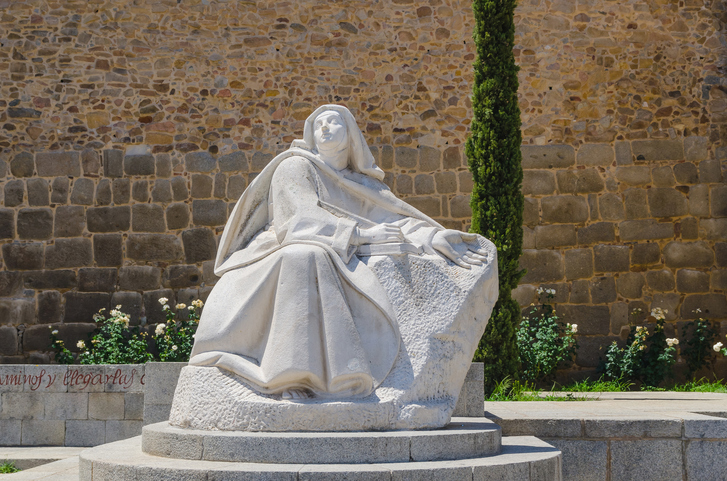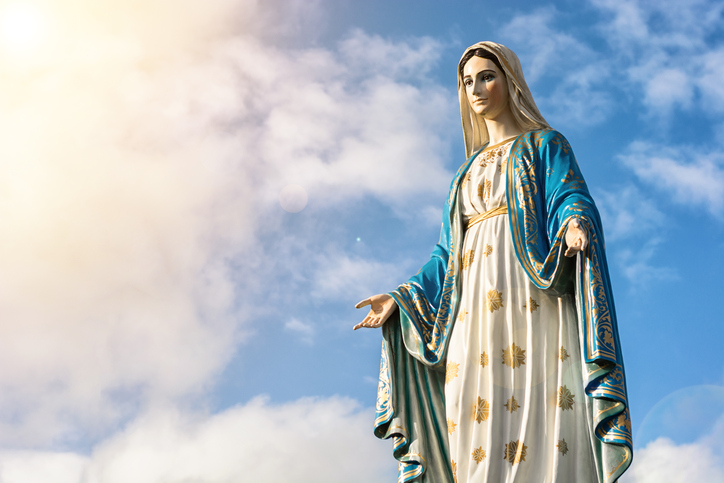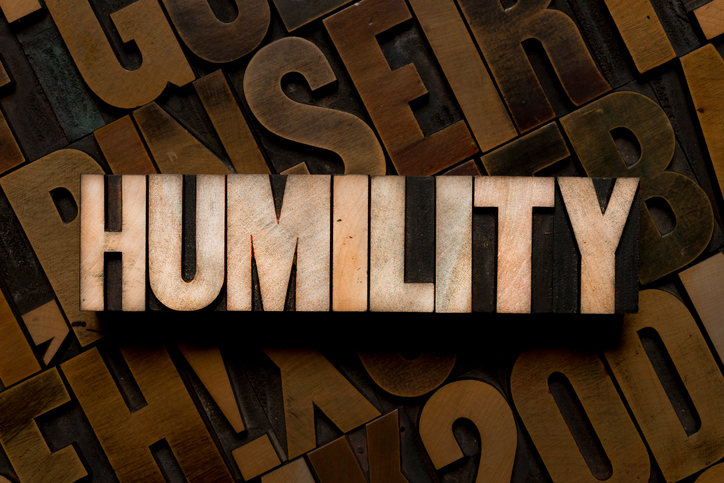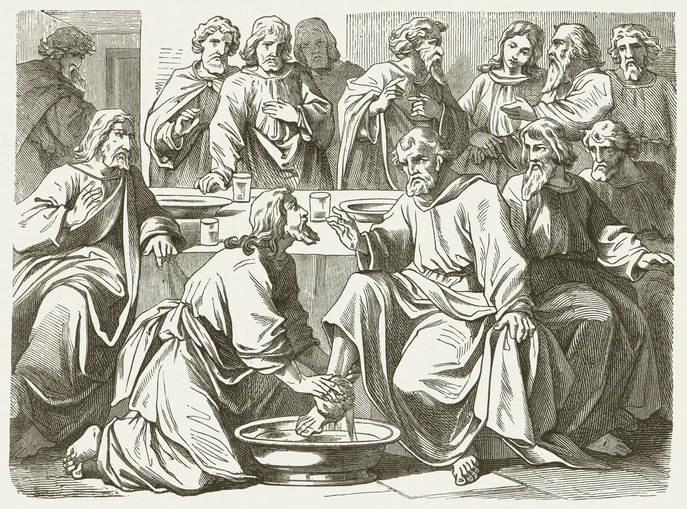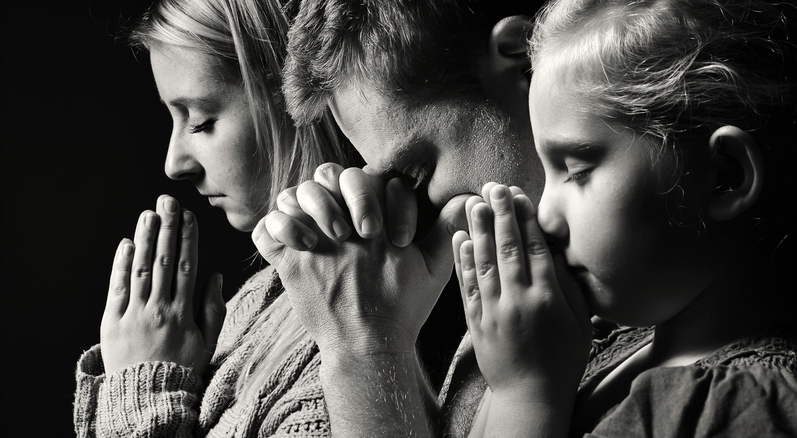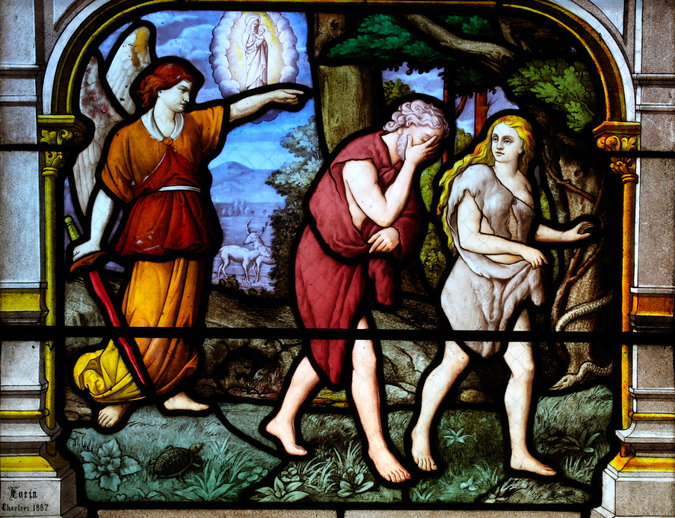“A virtue is a habitual and firm disposition to do the good. It allows the person to not only perform good acts but to give the best of himself.” CCC #1803
As I write this, it is Thanksgiving week. A time set aside in our country for reflection and gratitude. You would think that it would be a peaceful time, with joy-filled family celebrations and goodwill being spread from friend to friend.
Yet, we hear (or experience first hand!) the tales of families for whom proximity brings tension or where the tension is so great that proximity to those we think should know and love us best is no longer an option. On the day set aside to remember how grateful we are for all we have, the advertising/media machine is going full tilt convincing us of stuff we still have to have and how we need to get a better deal on our stuff than our neighbor. This doesn’t exactly set the stage for a firm disposition to do the good, perform good acts or give the best of our selves.
It is in this context of the knowledge that we should be grateful but we are caught up in the stress and desire for what we don’t really need that we receive today’s readings with their predictions of the rough times to come before Jesus reappears. Jesus tells us straight out, a lot of crazy stuff is going to happen. It is going to be scary and people are going to try to deceive us, they will even try to convince us that He sent them. Don’t buy it! (Pun intended.)
So what are we to do? How do we keep putting one foot in front of the other and facing each new challenge when it just seems so hard to maintain our focus much less develop good habits?
The Holy Spirit gives us the gift of knowledge. If we rest on that gift and seek to know Jesus, we will receive the gift of understanding what he has taught us. We love him first, over anything else. We love our neighbor. Jesus gives us in the example of how he lived the understanding that love isn’t just words, it isn’t enough to just sing carols of peace and love. We are called to roll up our sleeves and work for it.
It takes the virtue of patience to ignore the siren call of this world to satisfy all our needs now and to wait on Jesus. Yet, that is exactly what Jesus is calling us to do in Luke. “Do not be terrified; for such things must happen first, but it will not immediately be the end.” We have to wait for His end. It takes patience to continue to follow His example when those who follow their own path seem to be the ones prospering. It takes a firm determination to not be distracted by those who offer shortcuts. We have to make a habit of being in prayer to stay connected to the one who “rules the world with justice and his people with constancy.” We need to routinely immerse ourselves in His word so that we have the confidence that “He has made the world firm, not to be moved.”
So I wish you patience this holiday season. Patience with those around us who are caught up in the world. Patience with yourselves as you discern how to best prepare for celebrating Jesus’s birth. Patience with God as He gives you all you need in His own time so that you are able to give back the best of yourself.

Sheryl O’Connor is happiest in her role as wife to Tom. Together, they are discerning Tom’s call to the Diaconate and he is in his Aspirancy year with the Diocese of Kalamazoo. She splits her time between Holy Family Healthcare where she is the Director of Strong Families Programs and her parish collaborative where she is the Director of Youth Evangelization.

